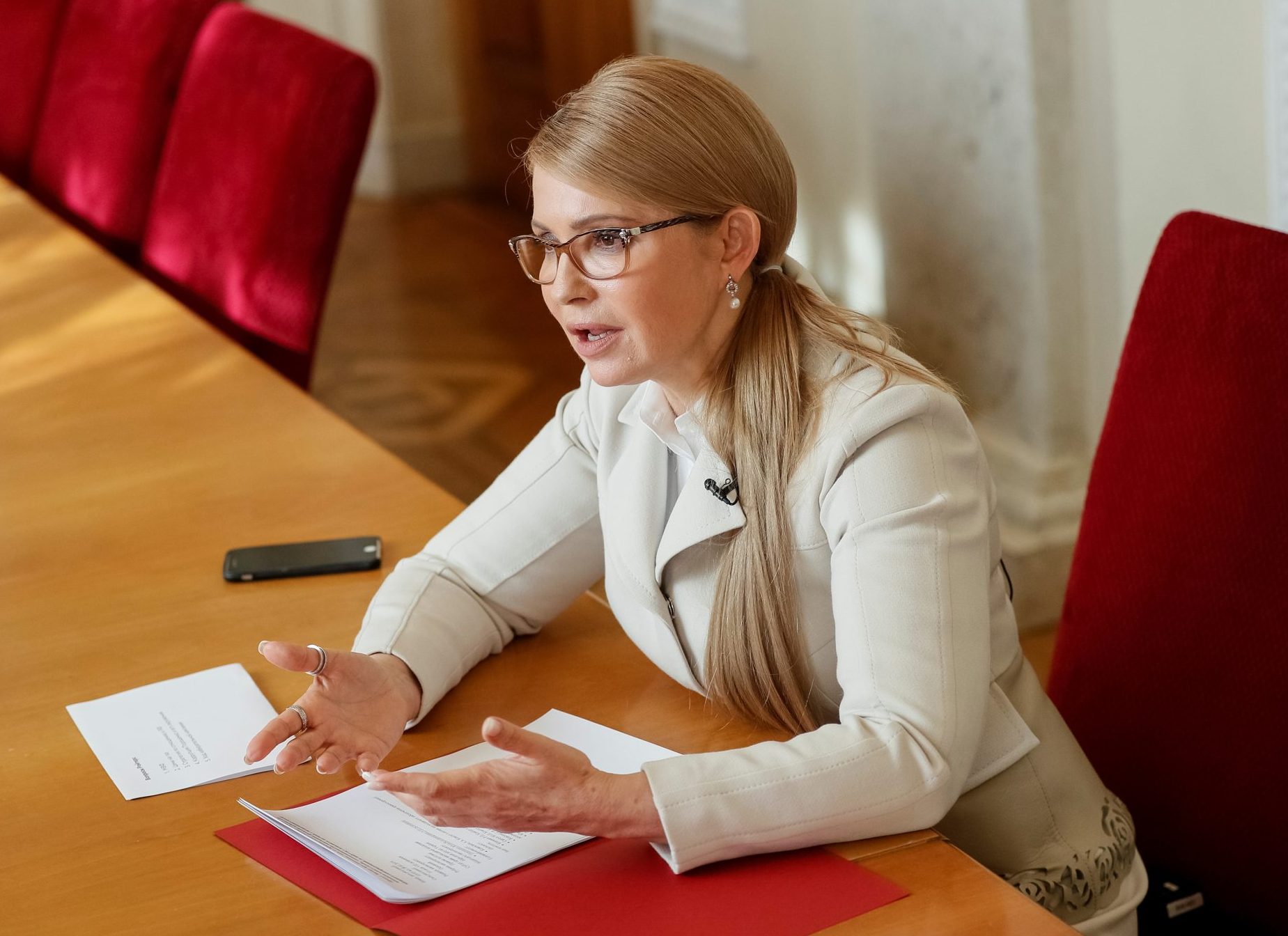EU accession talks would drive reforms in Ukraine

The start of EU accession talks will help make Ukraine's reform process faster and more effective, former Prime Minister Yulia Tymoshenko said, expressing hope that this will happen by the end of 2023.
"When you negotiate accession, you have leverage to correct mistakes made in the past and make sure that the reforms that will take place during the negotiations are real," said Tymoshenko, who is now a member of the Verkhovna Rada and leader of the opposition Batkivshchyna party.
This next stage of EU enlargement, which ideally should take place by the end of the year, Tymoshenko said, could be "a harbinger of a new historical moment when the Western Balkans and Moldova will join the EU along with Ukraine."
Ukraine and Moldova were granted EU candidate status in June 2022, and Bosnia and Herzegovina in December of the same year.
In a bold geopolitical move that has been described as a "historic moment" for the bloc, EU leaders approved on Thursday (June 23) the granting of candidate status to Ukraine and Moldova on the recommendation of the European Commission.
To join the EU, candidate countries must implement a series of reforms, which in the case of Ukraine include seven major changes to legislation on corruption, the Constitutional Court, law enforcement, measures to limit the power of oligarchs, and the protection of national minorities.
By the summer, the European Commission announced that Ukraine had fulfilled two of the seven recommendations made as a condition for starting EU accession talks, in the areas of judicial and media legislation.
Tymoshenko acknowledged that Ukraine needs more "tangible reforms" to realize its goal of joining the EU.
"Ukraine has carried out more reforms during the war than at other times," she said, praising President Volodymyr Zelenskiy for firing Defense Minister Oleksiy Reznikov earlier this month as part of a political and anti-corruption government reshuffle.
However, she said this was "not enough," emphasizing the need for deep institutional reforms
"We need to make sure that the executive branch is real and hold accountable members of the government who break the law," she added.
Although Ukraine has stepped up its fight against corruption, it still ranks 116th out of 180 in Transparency International's 2022 Corruption Perceptions Index.
Tymoshenko herself was under investigation for "abuse of power" during her tenure. In 2010, a criminal case was opened against her and she was imprisoned for several years - although she insisted that she was innocent and that the process was politically motivated. After her release in April 2013, the European Court of Human Rights declared her imprisonment "unlawful" and she was rehabilitated in February 2014.